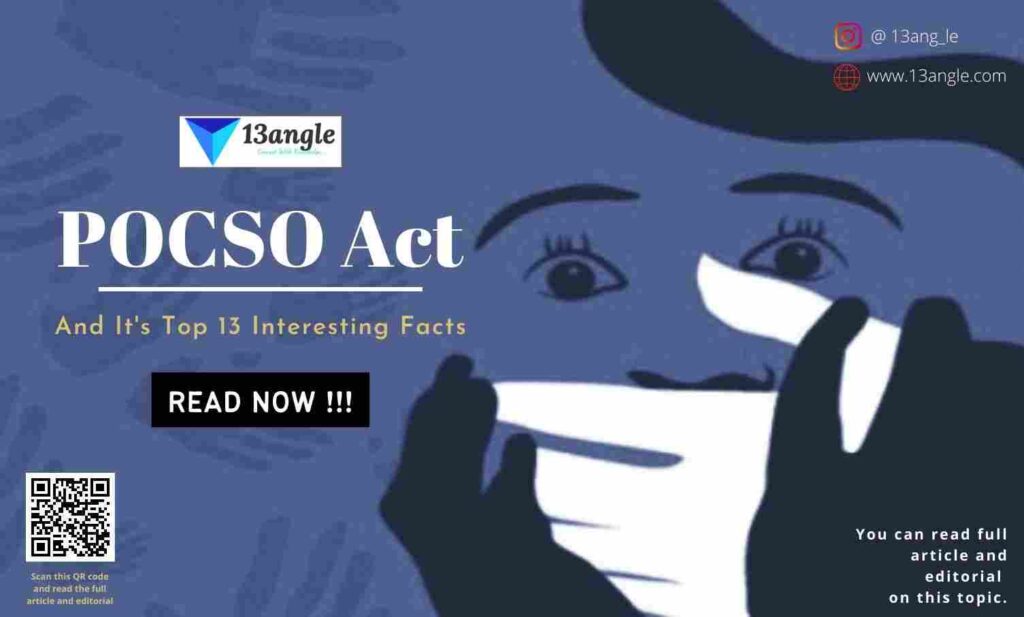The POCSO law only applies to surviving children and adult offenders. In the event that two children have sexual relations alone, or if a child commits a sexual offense against an adult, the Child Justice (Child Care and Protection) Act, 2000 will apply.
The POCSO Act was enacted to protect children from sexual offenses.
- It is a neutral law on sex
By defining a child ‘as any person under the age of 18, the POCSO Act sets the tone for the sexual neutrality of the legal framework found for victims of child sexual abuse. Therefore, a child of any sexual orientation may have access to the remedies provided under the law. This practice also does not discriminate between perpetrators of child sexual abuse, and there have been instances where courts have convicted women of such abuse.
- Failure to report abuse is a criminal offense
A prominent feature of the POCSO Act, which is widely debated, is the mandatory reporting obligation imposed under Section 19. It requires anyone who suspects or has knowledge of a sexual offense committed against a child to report it to the local police. or a Special Children’s Police Unit.
- There is no set time for reporting abuse
Often, the trauma endured by victims of child sexual abuse prevents them from expressing their grievances immediately. Recognizing this, in 2018, the Union Department of Justice and Justice stated that there is no time limit for reporting sexual offenses under the POCSO Act. As a result, the victim can report the crime at any time, even years after the abuse.
- Confidentiality of the victim’s identity
Section 23 of the POCSO Act prohibits the disclosure of the identity of the victim in any form of media unless the special courts established under this act are permitted.

For deep details, you can read the full article. Click the link below :





